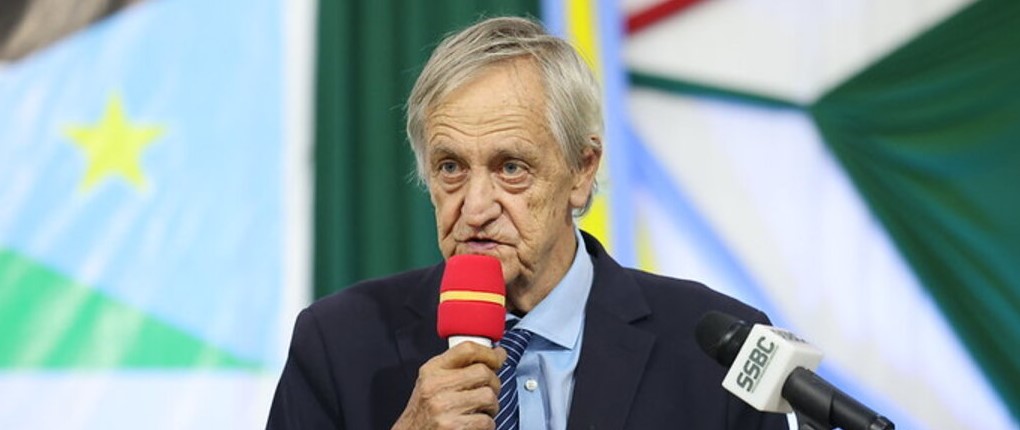Nicholas Haysom, the Special Representative of the UN Secretary-General and Head of UNMISS, called for urgent action in the deployment of the Necessary Unified Forces (NUF) as a critical step in advancing South Sudan’s peace process.
Addressing the 8th Annual Governors’ Forum in Juba on Tuesday, Haysom emphasized that the success of the 2018 peace agreement hinges on a collective commitment to meet key objectives, including the deployment of NUF and other critical reforms.
The Governors’ Forum, under the theme “Forging Sustainable Peace: Committed Action in the Extended R-ARCSS Transition,” provides a platform for South Sudan’s national and state leaders to renew their commitment to the peace process.
Haysom noted that although the extension of the transitional period by two years was necessary due to the slow pace of progress, it must be accompanied by a clear and actionable work plan for the next phase of implementation.
He highlighted six immediate actions that must be prioritized to demonstrate political will and the government’s commitment to peace. Top among them is the deployment of NUF, which Haysom referred to as essential for fostering security and paving the way for further steps in the peace process. This includes initiating Phase II of their joint training and agreeing on the middle command structure, vital components for the effective operation of the unified forces.
“The deployment of the Necessary Unified Forces is not just a military exercise; it is a cornerstone of peace and stability,” said Haysom. “It is essential that all stakeholders, especially governors, work together to ensure that this initiative progresses without delay.”
The NUF is seen as a key element in the security sector reform efforts outlined in the peace agreement, and its deployment will play a major role in quelling subnational violence, which has surged in recent months.
The senior UN official expressed concern that unresolved conflicts, compounded by climate change and regional instability due to the conflict in Sudan, could continue to destabilize the country unless immediate steps are taken.
Haysom also commended the leadership of the South Sudanese government and state governors for their ongoing efforts to address the root causes of conflict. He praised the political forums that have brought together diverse stakeholders, including civil society, political parties, and faith-based groups, to engage in dialogue on the future of South Sudan.
“Governors play a pivotal role in creating an environment where these crucial conversations can take place,” Haysom said. “Their leadership in issuing decrees to support more open civic and political spaces is commendable. The international community is eager to work with you as you fulfill these commitments.”
However, Haysom underscored that decisive action was needed to strengthen accountability, uphold the rule of law, and address subnational violence. He reiterated the importance of comprehensive solutions to the security challenges, as well as to the humanitarian and climate-related crises that continue to affect the population.
In response to climate change, Haysom highlighted successful collaborations between the UN and South Sudanese authorities in managing flood risks. A notable achievement has been the mapping of 243 high-ground locations across 64 counties, which he said will aid in managing and responding to potential displacements caused by flooding.
Haysom urged South Sudan’s leadership to tackle the root causes of conflict at the local level, focusing on delivering basic services and strengthening governance systems. This, he believes, will provide a solid foundation for peacebuilding and resilience in the country.
He reaffirmed the UN’s commitment to supporting the South Sudanese government and governors in their efforts to achieve peace and reconciliation. “We all share the same goal: a united, prosperous, and democratic South Sudan,” he concluded.




